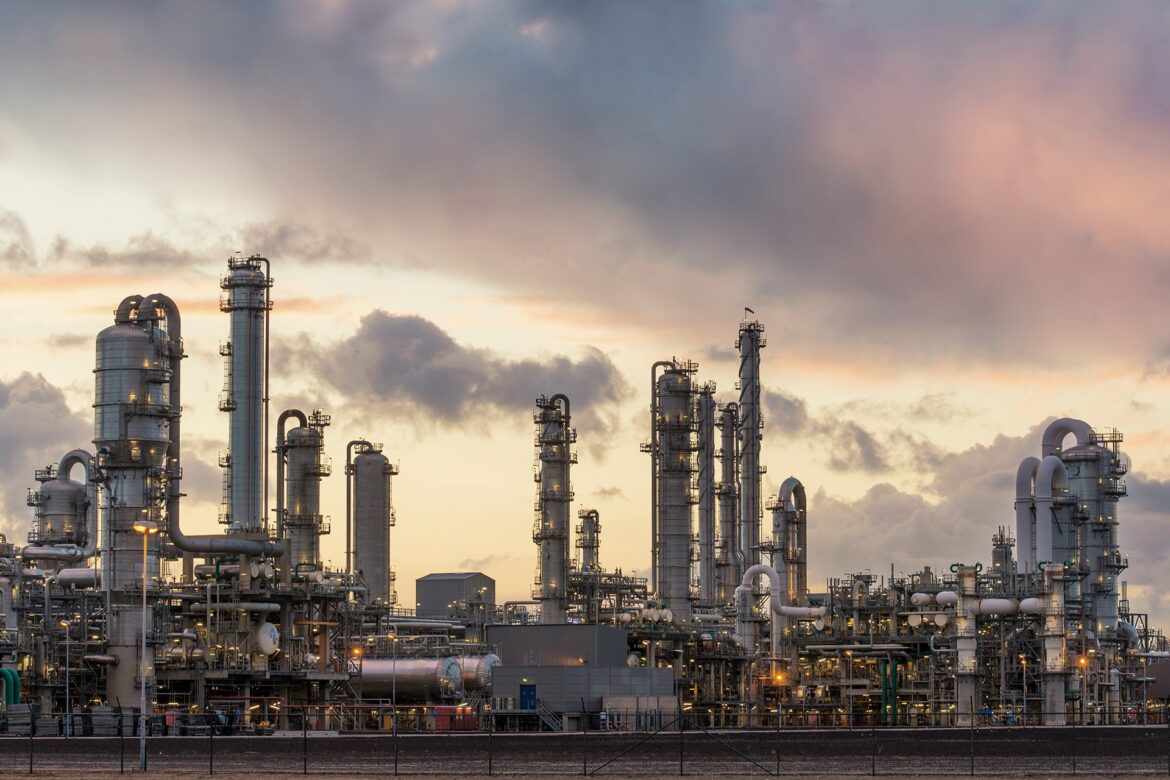The industrial landscape is undergoing a transformation, with a growing emphasis on sustainability and environmental responsibility. Technological innovations are playing a pivotal role in driving this change, as industries seek to reduce their environmental footprint and embrace greener practices. In this article, we’ll explore five technological trends that are shaping a greener future for various sectors of industry.
- Renewable Energy Integration
One of the most significant technological trends in industry is the integration of renewable energy sources. Solar panels, wind turbines, and hydropower systems are becoming integral components of industrial operations. These technologies allow industries to reduce their reliance on fossil fuels, lower carbon emissions, and minimize their impact on the environment. The transition to renewable energy not only benefits the planet but also often leads to cost savings for businesses.
- Advanced Waste-to-Energy Solutions
Waste is a major challenge in many industries, but advanced waste-to-energy technologies are changing the game. Innovative solutions, such as anaerobic digestion and thermal depolymerization, are being used to convert organic waste into energy. This not only reduces the volume of waste going to landfills but also generates valuable energy resources. As industries become more efficient in converting waste into energy, they are contributing to a greener and more sustainable future.
- Smart and Efficient Manufacturing
The concept of Industry 4.0 is revolutionizing manufacturing processes. Smart factories equipped with IoT devices, sensors, and data analytics are optimizing production, reducing energy consumption, and minimizing waste. These technologies enable predictive maintenance, real-time monitoring, and better resource management. By making manufacturing processes more efficient, industries can significantly reduce their environmental impact.
- Circular Economy Models
Technological advancements are facilitating the transition to circular economy models. Industries are increasingly focusing on designing products that are easy to repair, refurbish, and recycle. Advanced materials and tracking technologies are being employed to ensure that products have a longer lifespan and generate less waste. This shift towards a circular economy is not only environmentally responsible but also presents new business opportunities.
- AI and Machine Learning for Sustainability
Artificial intelligence (AI) and machine learning are being used to enhance sustainability efforts. These technologies can analyze vast amounts of data to identify energy-saving opportunities, optimize supply chains, and predict maintenance needs. AI-driven algorithms can also provide real-time insights into how to reduce environmental impact. For instance, predictive analytics can help industries make informed decisions on energy usage and resource allocation.
Conclusion
These five technological trends represent a significant shift towards a greener industry. As the world recognizes the urgency of addressing climate change and environmental degradation, technology is emerging as a powerful ally in this endeavor. The integration of renewable energy, waste-to-energy solutions, smart manufacturing, circular economy models, and AI-driven sustainability efforts is paving the way for a more environmentally responsible and sustainable industrial landscape. These trends not only benefit the planet but also present opportunities for businesses to reduce costs, enhance their brand reputation, and drive innovation. As industries continue to embrace these technological advancements, they contribute to a more sustainable and eco-conscious future.

